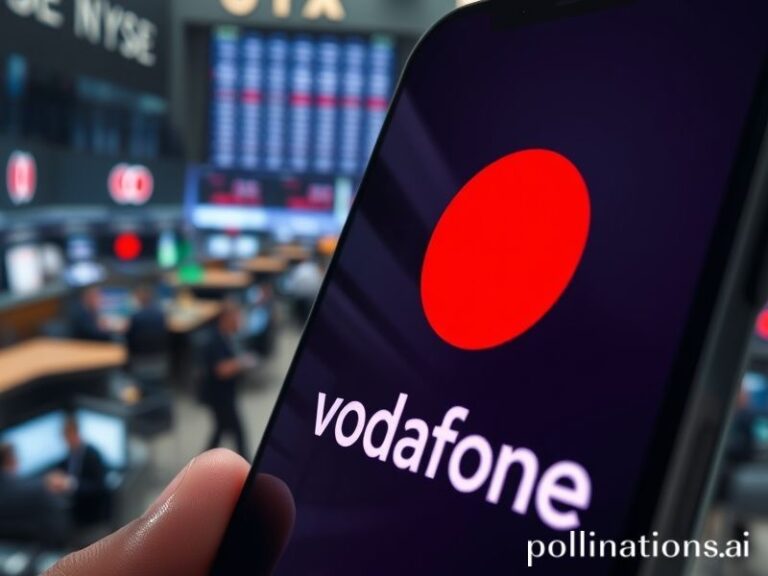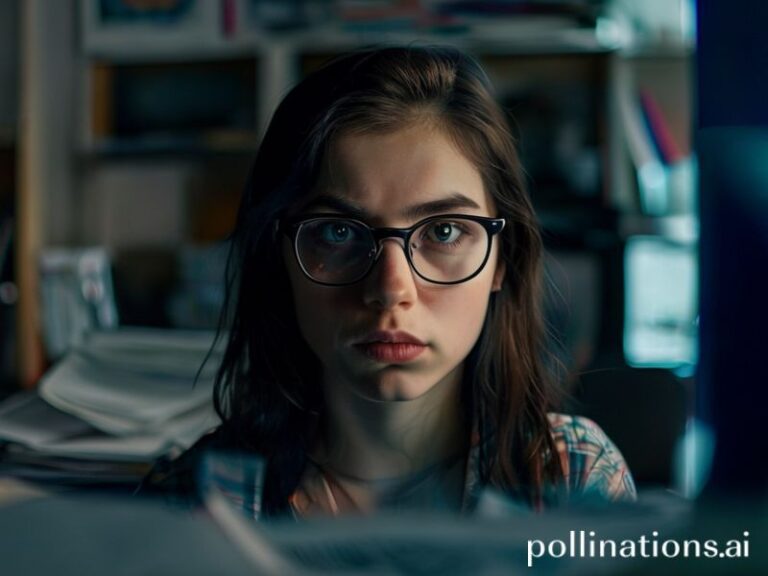How Brie Larson Became the World’s Most Unwitting Geopolitical Football
Brie Larson and the Peculiar Global Sport of Watching Actors Become Ideological Footballs
By Our Correspondent in the Cheap Seats, Somewhere over the Pacific
It began, as most twenty-first-century international incidents do, with a tweet. Brie Larson—Oscar-winner, Marvel franchise linchpin, part-time YouTube vlogger—once suggested that film criticism could stand a wider range of voices. Within minutes, the planet’s aggrieved geopolitical factions scrambled fighter jets of opinion: American culture-war hobbyists, Brazilian trolls on their lunch break, Indian meme factories, European film snobs sipping lukewarm espresso, and Korean K-Pop stans who simply enjoy a good pile-on. Overnight, an actress whose day job involves pretending to shoot fire from her fists became a proxy battlefield for every anxiety the species carries about gender, race, power, and whether movies should be longer than two hours.
The United Nations, busy elsewhere, declined to send peacekeepers.
What makes the Brie Larson Affair so instructive—aside from reminding us that Twitter is essentially a global gladiator school run by unpaid interns—is how neatly it distills the modern condition: we no longer merely watch performers; we mine them for ideological ore, smelt their every utterance into weapons-grade symbolism, then export the shrapnel worldwide. Larson’s request for “more inclusive press junkets” was translated, via algorithmic megaphone, into commands to man the culture ramparts in fourteen languages. Russian state media briefly weighed in, labeling her “a threat to traditional Slavic popcorn values,” which may be the first time a dairy-based soft cheese was confused with American foreign policy.
Meanwhile, in China, where Captain Marvel grossed more than the GDP of several island nations, censors delicately trimmed promotional interviews so that audiences could enjoy the explosions without the dangerous suggestion that women might have opinions. The result? A billion-dollar hit stripped of its inconvenient context—rather like serving champagne without the bubbles, or democracy without the voters.
Global brands, ever the cool-headed opportunists, watched the fracas like brokers eyeing a copper mine. Disney issued statements praising “diverse perspectives” in seventeen dialects, then sold identically molded Captain Marvel dolls from Fresno to Fiji. The dolls do not talk, presumably to avoid accidentally sparking another trade war.
And yet, beneath the manufactured outrage, something almost human flickers. Larson herself has gamely tried to re-center the conversation: visiting refugee camps in Thailand, launching a women-in-film initiative from a hotel suite in Dubai, gamely answering questions about her skincare routine in Portuguese. Each attempt is immediately fed back into the outrage blender—proof, depending on which corner of the globe you stand in, that she is either a saint or the latest agent of cultural imperialism. The poor woman can’t even adopt a stray cat on Instagram without a Brazilian senator accusing her of “feline neocolonialism.”
Which brings us to the broader significance: Brie Larson isn’t just an actress; she’s a stress-test for how dismally well the planet has synchronized its moral panic supply chains. In the 20th century, Hollywood used to export dreams packaged in celluloid; now it exports Rorschach tests. We gaze at the same screen and see entirely different monsters—misogyny, wokeness, American hegemony, declining testosterone levels, whatever keeps the engagement graphs climbing.
The tragedy, of course, is that underneath the noise there’s an actual person who probably just wants to finish her coffee before the next junket. But the machine demands blood, or at least clicks. So the planet keeps spinning, the hashtags keep flying, and somewhere in a Seoul PC bang a teenager edits Larson’s face onto a rocket aimed at a cartoon caricature of Western feminism, while in a Parisian café a critic writes 3,000 words declaring her the final nail in auteur cinema’s coffin.
Eventually, the credits will roll. Another franchise will launch, another actor will misspeak, and the global village will pick up pitchforks freshly sharpened on last year’s outrage. Brie Larson will be fine—she still has the Marvel money, the Oscar, and the cat. The rest of us, meanwhile, will remain in the darkened theater, arguing about the projectionist instead of watching the damn movie.
Lights up. Next controversy starts in five, four, three…







